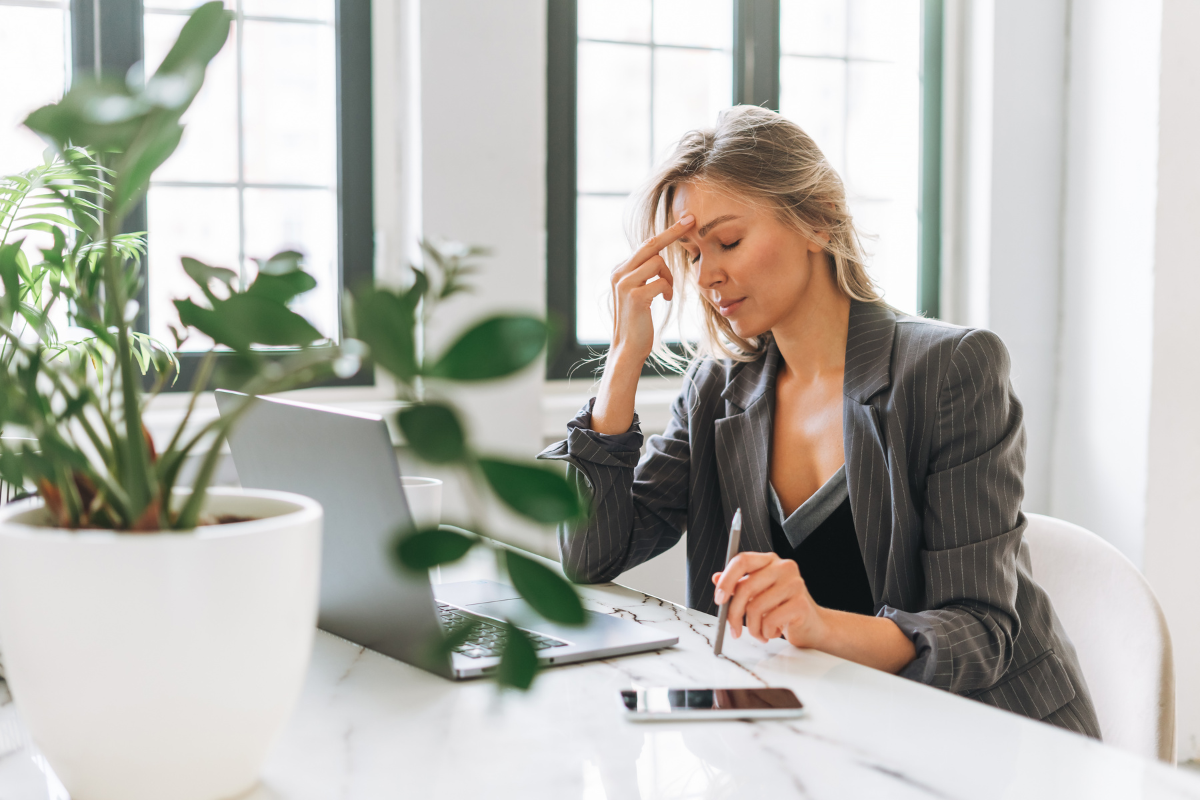
As men age, they may begin to experience symptoms due to declining levels of testosterone, a process known as andropause. Awareness of andropause is generally low, with men frequently dismissing symptoms as old age kicking in. However, studies suggest that as many as 1 in 5 men experience these symptoms.
We spoke with one of our cBHRT specialists, Dr Valeria Acampora, to find out more about andropause and how testosterone therapy can help men to live life to the full. This article also looks at how lifestyle factors, such as diet and exercise, can impact testosterone levels.
What is andropause?
In medical terms, andropause is defined as the progressive decline in testosterone level and an increase in a protein called sex hormone binding protein (SHBG).
However, in clinic, andropause is diagnosed if tests show that testosterone levels have decreased compared to previous tests.
What are the symptoms of andropause?
Symptoms of andropause affect the whole body.
When people think of low testosterone, they immediately think of sexual problems, such as erectile dysfunction or decreased libido. Whilst these are symptomatic of andropause, the most common symptoms are fatigue, energy loss, hot flushes or sweats at night, and a loss of self-confidence.
Testosterone is the most important hormone in terms of brain health. With lower levels of testosterone, men may experience memory loss, difficulty concentrating and disturbed sleep, all of which can have negative impact on job performance and general well-being.
Men may find it increasingly difficult to manage stress, whether that be in their job or homelife, and experience anxiety, even if they have coped well with these pressures in the past. Changes in mood may also occur. It is quite common for men to have seen a psychiatrist for depression before being referred to the clinic for hormone therapy. These feelings of low mood can cause men to lose interest in hobbies and negatively impact their social lives.
Andropause can also affect men’s appearance. Testosterone has actions on the skin and hair and low levels can make skin look older and cause hair loss. Men may also put on weight around their abdomen, have increased breast tissue (known as gynecomastia) and develop varicose veins. In addition, workouts may not be as effective as they once were and men may find it difficult to gain muscle despite doing exercise.
Other symptoms include loss of bone density, joint pains, stiffness, heart palpitations and ringing in the ears, known as tinnitus.
What causes andropause?
Quite simply, andropause is caused by ageing.
As we get older our endocrine cells, the cells that produce hormones, start going to sleep. This means that the level of hormone production decreases and we start to experience symptoms.
The reason for this reduction in hormone production is that, from a biological point of view, our bodies function with the primary aim of procreating. As we get older, the likelihood of having children decreases and our bodies gradually start to shut down. With modern medicine, people are living to be much older, and are therefore experiencing the effects of declining hormone levels – andropause in men and menopause in women.
When does it typically occur?
Symptoms of andropause start to appear in men during their late 40s or early 50s.
For some men, symptoms can start earlier, in the mid-30s. This is particularly common in men with stressful jobs or in men who lead unhealthy lifestyles.
Do all men experience andropause?
Yes – in reality, all men experience andropause. Levels of testosterone will gradually decline in all men, however the extent of decline can vary.
It is common for men to not recognise how they are feeling as symptoms of low testosterone, and instead think feeling tired, demotivated or gaining weight are just normal signs of ageing.
How can hormone replacement therapy help treat symptoms of andropause?
All symptoms of andropause are a result of low testosterone, therefore testosterone replacement therapy (TRT) is an effective treatment.
Bio-identical testosterone is identical to the testosterone produced in the body, making it a gentle and safe treatment. In addition, the doses can be personalised – so men can receive as little or as much testosterone as they need to restore their levels. It is always prescribed in the form of a cream or lozenge so that it is absorbed directly into the blood stream.
I have successfully treated many men with testosterone replacement therapy. In some cases, treatment is preventative, and men do not experience any symptoms of andropause. In other cases, I have treated men presenting with many of the symptoms listed earlier. After TRT, they report feeling energised, calmer and able to enjoy life again.
A patient once told me that in the event of a disaster he would leave everything behind, apart from his testosterone – I think this is a real testament to how effective TRT can be!
Do you think there is enough awareness of andropause and the help that is available to men?
More needs to be done to raise awareness of andropause and its symptoms. Men are less likely to talk about their feelings and health, especially if they are experiencing sexual problems.
The key message is that andropause is a natural process that happens to all men. There are many measures that can be taken to manage symptoms and maintain a good quality of life, so men should be encouraged to seek help.
How else can you boost testosterone levels?
Whilst age is the most important factor for declining testosterone levels, research shows that lifestyle factors, such as diet and sleep quality, can impact testosterone levels. Below we explain how leading a healthy lifestyle can help to maintain and boost your testosterone and help stave off symptoms of andropause.
Diet
Several studies have shown that the following are associated with lower testosterone levels or faster rates of decline:
- Obesity
- High body mass index (BMI)
- Onset of diabetes
- Moderate to high intake of alcohol
These findings highlight the importance of having a healthy and balanced diet.
Some foods, such as tuna, leafy greens, shellfish and pomegranate, are known as testosterone boosting foods and can easily be added into your diet.
Exercise
In addition to having a healthy diet, regular exercise is also beneficial for maintain and boosting testosterone levels. Resistance training, for example weight training, and high-intensity interval training (HIIT) has been shown to improve the age-related decrease in testosterone.
Other lifestyle factors
A Japanese study found that men with high demands in the workplace were more likely to experience symptoms of andropause. It is important to be aware of signs of work-related stress and seek help when necessary to prevent it impacting your health and well-being.
Finally, good sleep is essential for maintaining testosterone levels. Research shows that chronic sleep deprivation is linked to testosterone deficiency. Ideally, adults should aim to get 7-9 hours of sleep each night.
References




